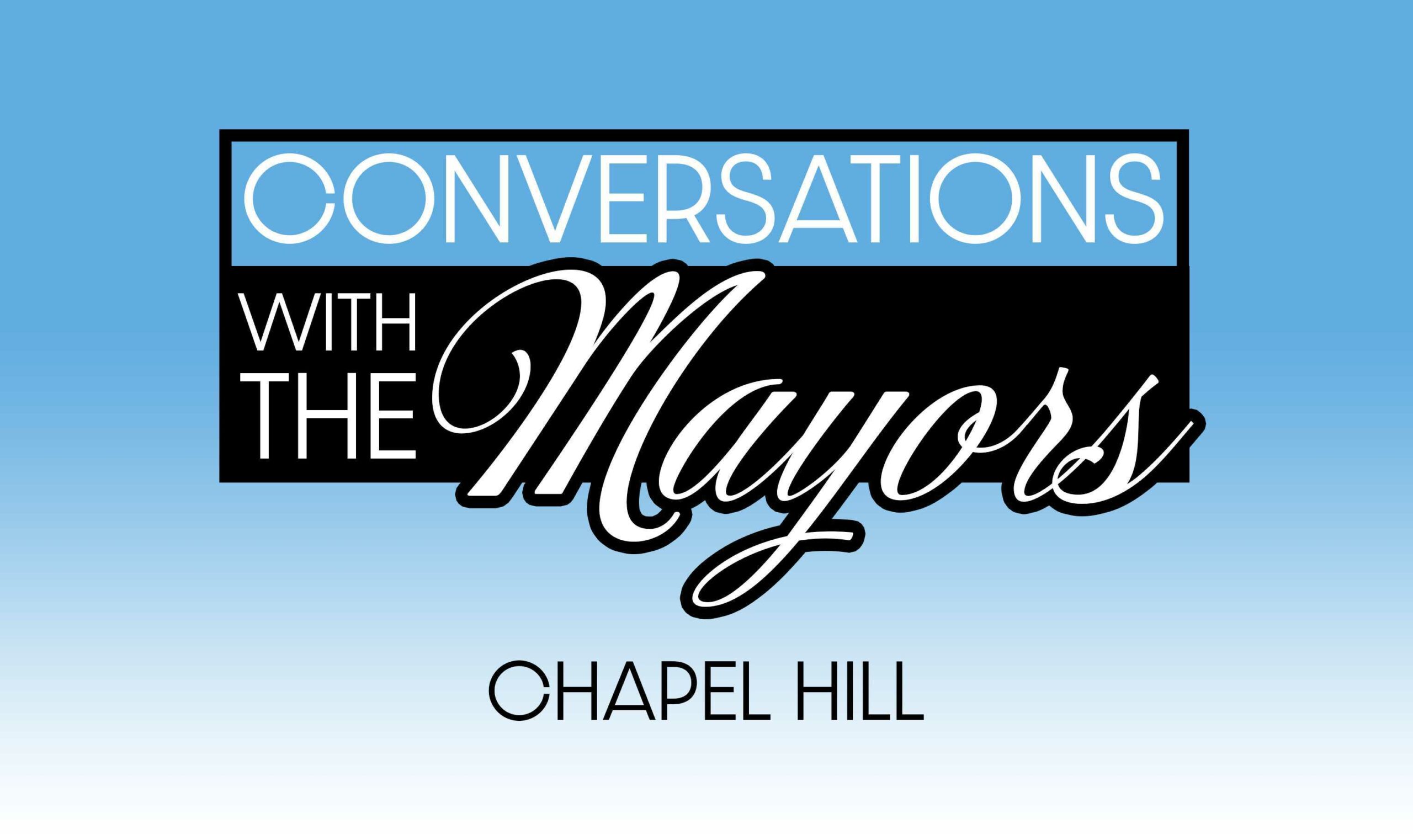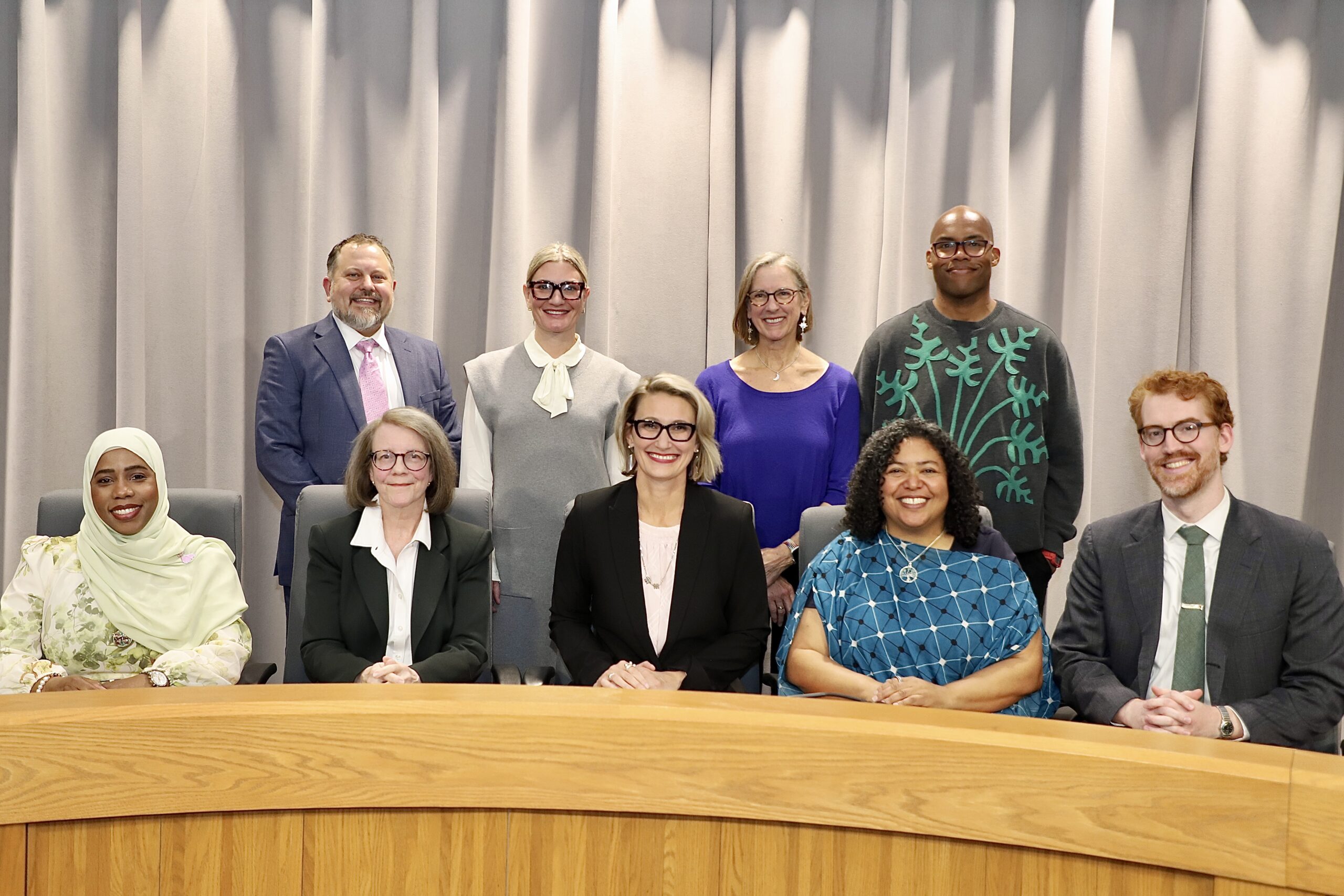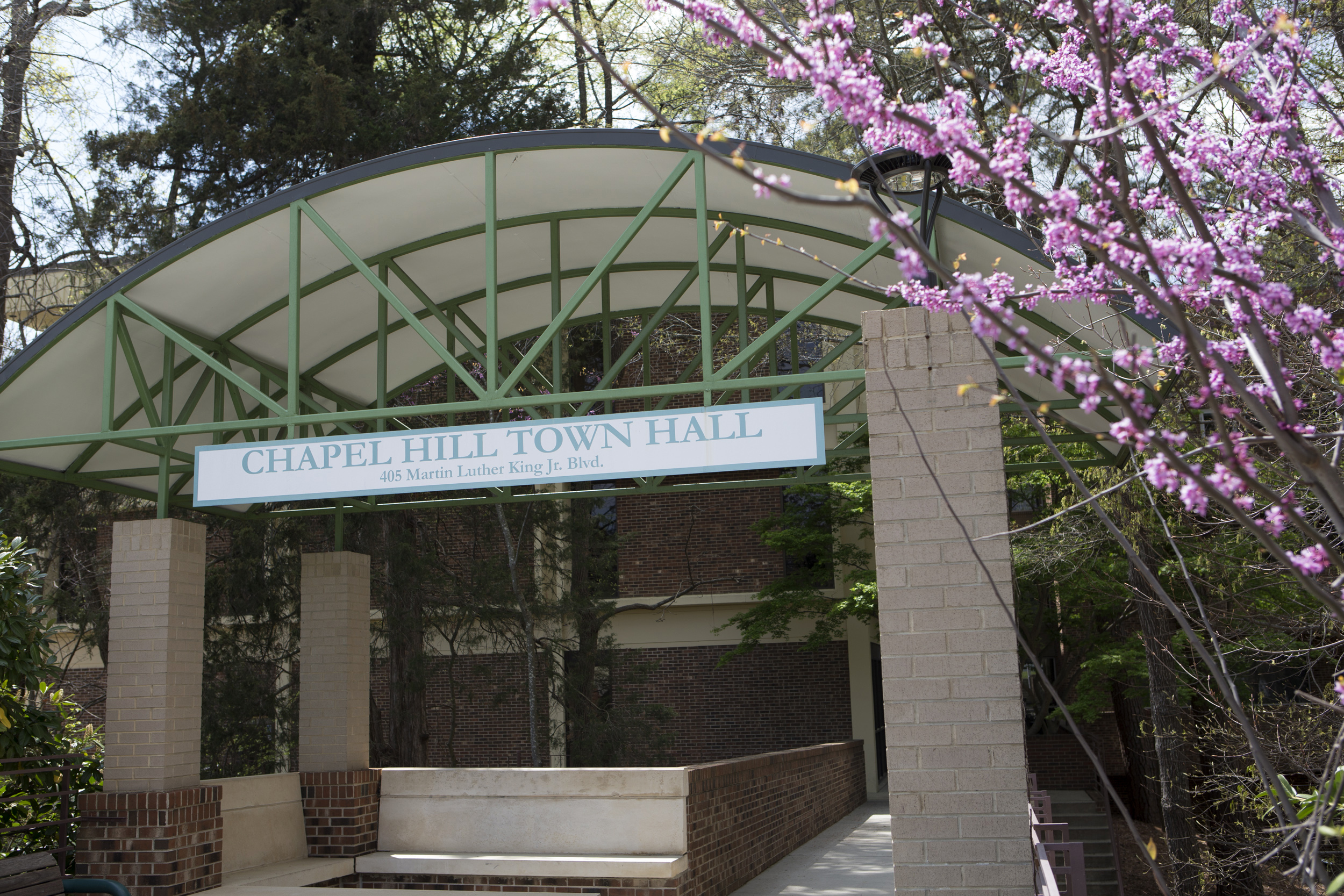The Chapel Hill Town Council held a work session Wednesday night to discuss the town budget for the fiscal year 2025 and updates regarding the initiative to rewrite the town’s Land Use Management Ordinance (LUMO). Below are a series of highlights:
Town Budget Discussion
The town staff presented the council information for their upcoming budgeting process for Fiscal Year 2025. Though staff did not make concrete recommendations, they discussed trends over the past fiscal year that will inform their prospective request to increase the property tax rate. These trends included decreased revenue and increased operating costs. Town Manager Chris Blue said the revenues will not cover costs for Chapel Hill in the upcoming fiscal year.
“We expect to recommend a penny and a half tax increase for the general fund,” said Blue. “This will help us cover those cost increases and continue to chip away at the backlogs that we started talking with you about last year. To be clear, this is not for new programs or services, and departmental operation lines will continue to be strained and very leaned.”
Blue also said the staff will recommend a five to eight percent salary increase for the town’s employees to account for higher living costs.
Business Management Directory and Finance Officer Amy Oland addressed the financial challenges the town will face in the forthcoming fiscal year. Oland said projections show that Fiscal Year 2025 will be around four percent, significantly lower than in average years when it hovered between six and 12 percent.
“Revenue is down across our major revenue sources in the area of property taxes, sales taxes, and development fees,” Oland said. “Property tax growth is minimal. As I’ve shared before, it takes a lot of new development to move the needle just a little, and as I’ve shared before, our tax growth has historically been at 1.8%, which is usually enough to cover our cost of living adjustments for our employees, but never enough to fully cover the cost of doing-business increases that we experience.”
“We are projecting less than once percent growth for Fiscal Year ’25,” Oland continued. “While this tax trend alone has a huge impact on our budget development, it’s not the only one. Sales tax projections are also down, and they’re down across the entire state. The retail economy that was so hot during the pandemic is finally cooling off, as are the sales tax revenues.”
Staff asked the council for their thoughts on (1) raising the property tax by one and a half cents for the general fund, (2) half a cent for the transit fund, (3) providing higher wages for employees to account for cost-of-living changes, and (4) maintaining community partner funding at their current levels.
The council generally supported salary increases for the town’s staff, though members requested more information regarding long-term plans for adjusting funding across departments. They also asked for staff’s recommendations regarding prioritizing of town needs and how neighboring governments have responded to cost-of-living increases in their respective budgeting processes.
The town council will hold another work session to discuss the budget on April 15. The Town Manager will present the budget on May 1. The council will hold a third work session on the budget on May 8 and a public hearing on May 15. The council will vote on the final budget on June 5.
Continued Discussion about rewriting the LUMO
The town council continued their discussion from last month regarding rewriting the LUMO. They heard updates from staff about a public communications campaign and key concepts, including economic constraints, design standards, and community benefits.
Part of the LUMO will address land use development for affordable housing in Chapel Hill. The town council recently discussed affordable housing needs and current project developments at a February work session. At that meeting, Director of Affordable Housing and Community Engagement Sarah Viñas spoke to Chapel Hill’s challenges regarding affordable housing.
“In the context of this incredible challenge that we are attempting to address together with our partners,” said Viñas, “we find ourselves in a place of uncertainty in our affordable housing work. We have developed a really strong pipeline of projects, as we have talked to you all about before, that could be delivered over the next several years thanks to the increased support from the council over the last several years and the dedication of our partners. Even so, our capacity is constrained right now due to inadequate funding and also staff capacity.”
At Wednesday’s meeting, staff said one of the reasons they will address affordable housing in the LUMO update is to reduce the need for frequent conditional zoning hearings that delay developments the town views as favorable. The staff discussed streamlining development processes for such projects and including incentives in the ordinance to address affordable housing needs.
“Staff’s recommendation would be that we throw as many carrots as we possibly can at incentivizing affordable housing,” said Principal Planner Tasmaya Lagoo. “That is not to say that is the only thing that the new LUMO should incentivize. There will be opportunities, in targeted ways, to incentivize other things. But, when it comes to where do we really want to lend a hand, where do we want to recognize that the things we are asking developers to do, are expensive. Affordable housing is expensive, and so we need to find ways to lend a hand, and creating incentives in the code are a way to lend a hand without actually lending out a dollar.”
Staff discussed regulatory elements of the LUMO regarding dimensional standards, stream protection, impervious surface, storm-water management, and other regulations. Part of the town’s plan in the rewriting process is to update some of these regulations to fit the changing needs of Chapel Hill.
“A major effort through the LUMO rewrite,” said Lagoo, “is going to be to rethink all of these things, to optimize them, to modernize them, to make sure that we don’t have that friction between what the market is proposing and what our outdated, suburban standards are calling for.”
Staff also pointed to electric vehicle infrastructure and multiuse paths as items the town can include in the ordinance since they have been elements the town has repeatedly requested be included in conditional zoning. Regarding economic constraints, they said LUMO historically stifled development that contributes to a more robust tax base by encouraging lower-density development. The council agreed that LUMO should support higher-density uses for commercial, multi-family, and mixed-use development.
The town made some updates to the schedule for upcoming LUMO discussions. The council will discuss design and affordable housing components of the LUMO on April 24 and by-right development and conditional zoning on May 15. Unlike the first three LUMO discussions of the year, the upcoming meetings will be held in a regular business meeting format, meaning they will be open for public comment.
North-South Bus Rapid Transit Announcement
Mayor Jessica Anderson announced funding for the town’s North-South Bus Rapid Transit project was included in President Joe Biden’s budget for the 2024-2025 fiscal year.
“Hopefully, everyone has seen already,” said Anderson, “that we received the word yesterday that $138 million in funding for the North-South Bus Rapid Transit System is included in the Biden budget. So, we have all the good juju and all the good vibes on making sure that gets fully funded by Congress.”
The project aims to implement 8.2 miles of uninterrupted bus transit along Martin Luther King Jr. Boulevard, South Columbia Street, and US-15-501 South. It will add multiuse transportation along the route with a completed sidewalk network and enhanced pedestrian crossing. The project also consists of 14 electric buses, which will arrive at each stop in seven-minute intervals and will be fare-free, consistent with the current Chapel Hill Transit (CHT) bus system.
To read more of Chapelboro’s coverage of the project, click here.
Town Projects Funded in Consolidated Appropriations Act of 2024
Mayor Anderson commented on the newly passed Consolidated Appropriations Act of 2024, which includes funding for several local projects.
“Thanks to Senator Valerie Foushee, we will be receiving three grants totaling $4 million, which will support affordable housing, new and improved bus stops, and a stretch of much-needed sidewalk on Ephesus Church Road. So, thank you so much to Senator Foushee for making sure that we get that money.”
To watch a full recording of Wednesday’s meeting, click here.
Photo via the Town of Chapel Hill.
Chapelboro.com does not charge subscription fees, and you can directly support our efforts in local journalism here. Want more of what you see on Chapelboro? Let us bring free local news and community information to you by signing up for our newsletter.










